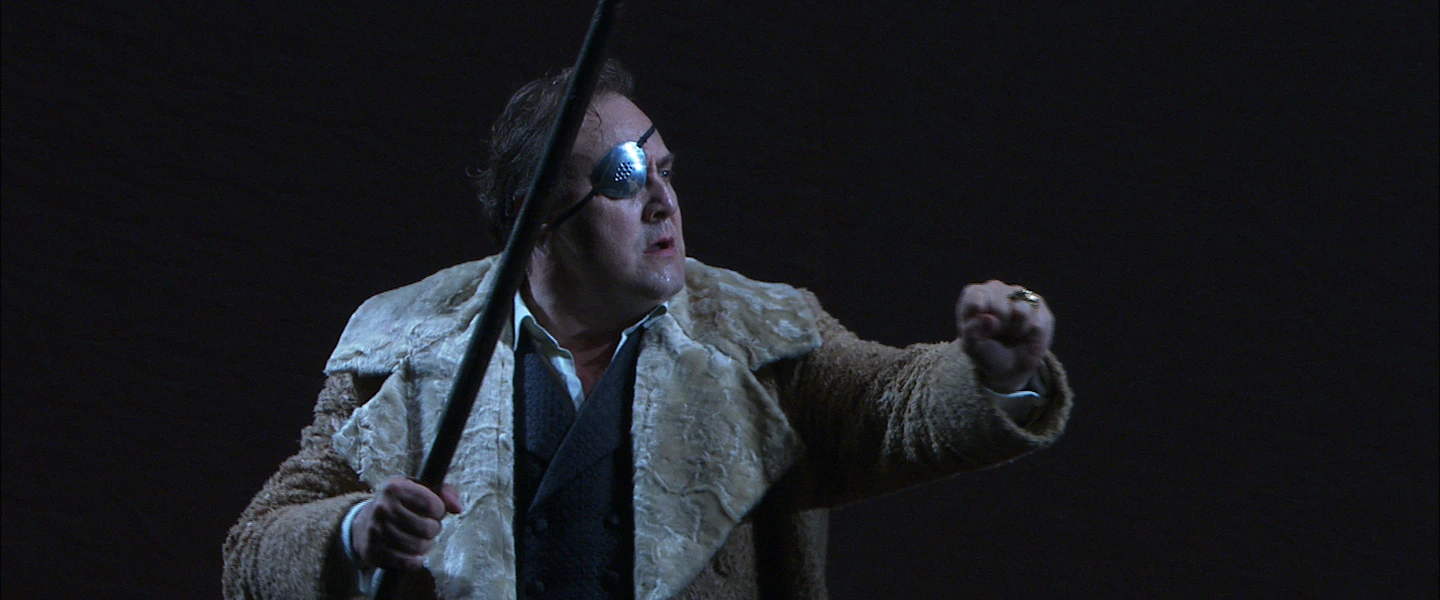Twilight of the Gods, the Ring Cycle's conclusion, takes us to the children who have been left in the shadow of a power struggle between gods.
The Twilight of the Gods
Staatskapelle Weimar
Opera

Das Rhinegold is a theatrical journey that takes us back to our childhood, where fantasy becomes palpable reality. Embedded in this fairytale world, alongside norns, water-sprites, dwarfs, giants and gods, the human family has created a deceptive image for itself. But a terrible truth cannot be avoided: anyone who is forced to renounce love and is cheated of his inalienable human nature will exact a terrible revenge.
Das Rheingold introduces the ring. The well-known prelude opens with 136 measures of an E-flat major chord: this prolonged harmony represents the ageless river Rhine, upon whose banks the Rhinemaidens play. Alberich, a Nibelung dwarf, tries vainly to seduce one of the Rhinemaidens. Mockingly, they reveal the secret of the gold they guard: out of it, one can forge a ring powerful enough to rule the world, provided the forger gives up Love forever. Alberich manages to steal the gold and makes the ring, using it to control his fellow dwarfs while he plans his world take-over. In the meantime, Wotan (king of the gods), like many new home owners, has to figure out how to finance the construction of Valhalla (hall of the gods). He has promised his sister-in-law as payment to the construction workers, but his wife Fricka isn't too keen on selling her sister to the giants (led by Fafner). Loge (god of fire) tricks Alberich into turning himself into a toad and brings Alberich back to Wotan, who takes the ring from the dwarf. Bitter at losing his ring, Alberich places a curse on it: lack of the ring will fuel desire for it and possession will only lead to misery. Wotan ends up giving the Ring to Fafner as ransom for Fricka's sister.
(Composer), (Conductor), (Director), Mario Hoff (Soloists), Tomas Möwes (Soloists), Erin Caves (Soloists)